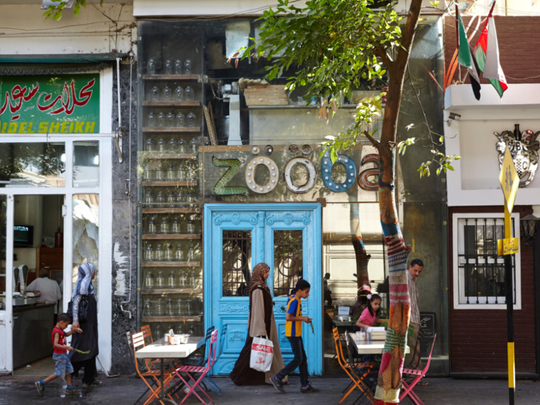
Dubai
Egypt has reached a staff-level agreement with the International Monetary Fund for an instalment of about $2 billion more from a three-year, $12 billion loan programme, the IMF said in a statement on Friday.
The payment, which is still subject to IMF executive board approval, will bring total disbursements under the program to about $6 billion. Egypt is pushing through an ambitious economic reform package as part of the loan deal.
An International Monetary Fund (IMF) team led by Subir Lall visited Cairo from October 25 to November 9, to hold discussions with the Egyptian authorities on the country ongoing economic programme.
“The staff-level agreement on the second review reaffirms the authorities’ commitment to their reform programme supported by the IMF. Egypt’s economy continues to perform strongly, and reforms that have already been implemented are beginning to pay off in terms of macroeconomic stabilisation and the return of confidence,” the IMF statement said.
Egypt’s growth picked up during fiscal year 2016-17, with GDP rising by 4.2 per cent compared to the projected 3.5 per cent. Meanwhile, the current account deficit narrowed in dollar terms, supported by the increase in non-oil exports and tourism receipts while non-oil imports declined.
Portfolio investments into Egypt reached $16 billion this year and foreign direct investment rose by 13 per cent. “Headline inflation appears to have peaked in July and has been declining since then, supported by the Central Bank of Egypt’s (CBE) prudent monetary policy stance,” the IMF statement said. The budget performance was broadly in line with programme projections with a primary deficit of 1.8 per cent of GDP. However, the overall deficit exceeded projections by 0.4 per cent of GDP and reached 10.9 per cent of GDP, mainly on account of higher than expected interest payments. “Reflecting the overall strong policy framework and credibility of the authorities’ program, foreign exchange reserves increased significantly to record levels,” the IMF said.
In its discussions with the Central Bank of Egypt, the IMF said the apex lender “remains committed to achieve its goal of reigning in inflation which is expected to decline to about 13 per cent in the quarter ending December of 2018. Its monetary policy framework is underpinned by a flexible exchange rate regime which has eliminated chronic foreign exchange shortages and the parallel market”.
The IMF expects the government’s aim to achieve a primary surplus in the current fiscal year will help achieve Egypt’s objective of putting government debt on a downward trajectory over the medium term. This will reduce interest expenditures and create budgetary space for public infrastructure and social spending. Reducing unemployment, specifically among Egypt’s youth, and integrating more women into the labour force are key to Egypt’s economic lift-off and are the strongest and most sustainable form of social protection, the IMF said.
Egypt’s banking sector continues to remain liquid, profitable, and well-capitalised, the IMF said. “The CBE continues to strengthen the regulatory and supervisory framework for the banking sector including through implementing Basel rules,” the statement said.












